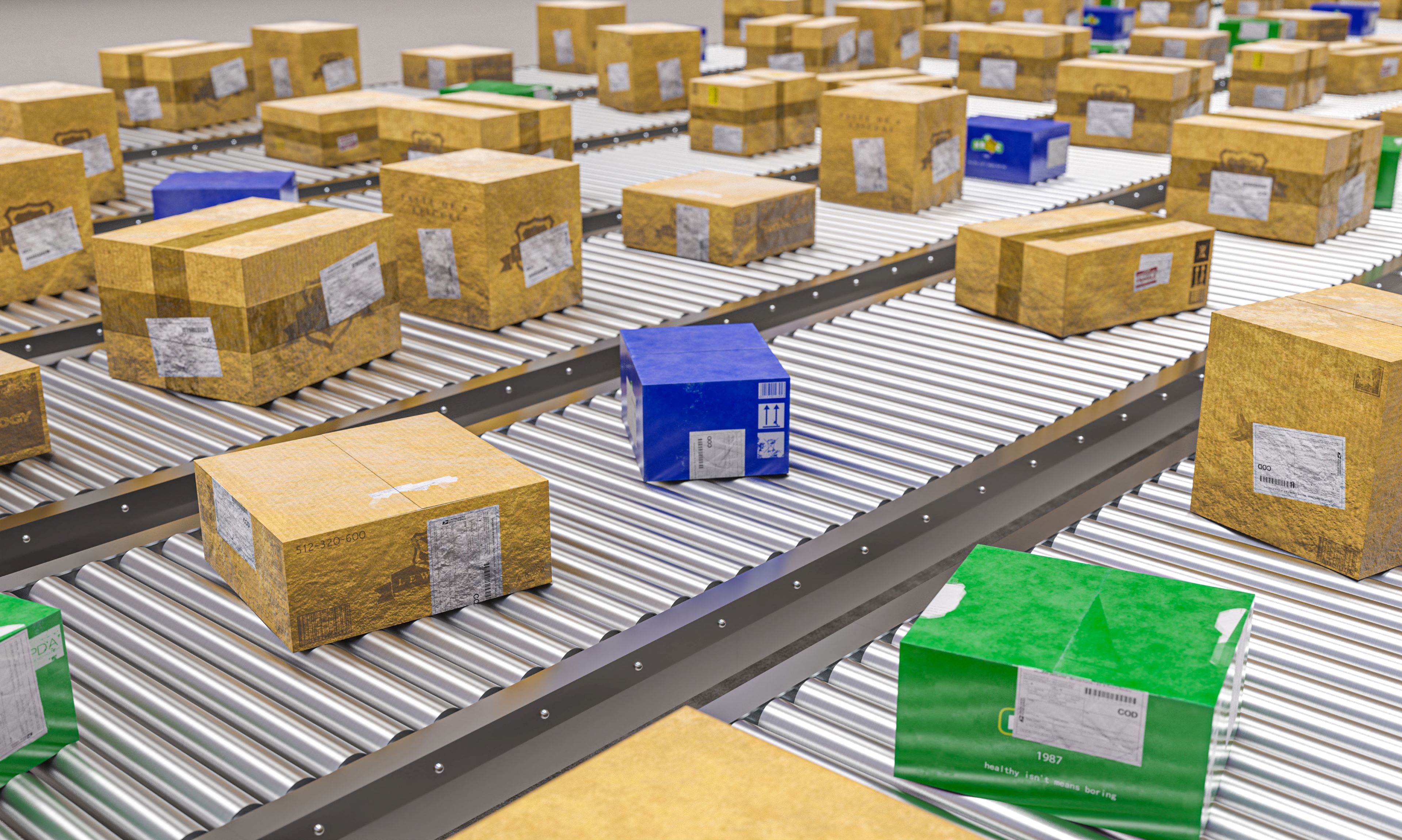EY refers to the global organization, and may refer to one or more, of the member firms of Ernst & Young Global Limited, each of which is a separate legal entity. Ernst & Young Global Limited, a UK company limited by guarantee, does not provide services to clients.
Indore Tribunal allows profit-linked deduction for development and maintenance of road project by rejecting revenue’s contention that Taxpayer’s activity was in the nature of “work-contract”
In Shreenathji Infrastructure (P.) Ltd. (Taxpayer) v. ACIT[1] , the issue before Indore Tribunal was on the Taxpayer’s eligibility to claim profit-linked deduction[2] in respect of road projects constructed by the Taxpayer at various places in the state of Madhya Pradesh under the contracts/agreement from different government departments. As per the Taxpayer, such activity qualifies as “developing” infrastructure projects and, therefore, it is eligible to claim such deduction in respect of income derived from these projects. However, tax authority denied such deduction on the ground that the taxpayer was not engaged in “development” of projects and the contracts/agreements executed by it were in the nature of “work-contract” which is not eligible for the said deduction[3] . On appeal, the first appellate authority onfirmed the disallowance.
On further appeal, the Indore Tribunal observed that neither the term “work-contract” nor “work-contractor” are defined in the relevant provision, nor there is a water-tight formula to decide the same. Whether a case is of “work-contract” or “development” depends on the totality of terms and conditions. From the clauses of the contracts/agreements, the Tribunal noted the following features in the present case which are similar to the features noted in the case of Koya & Co. Construction (P) Ltd.[4] by Hyderabad Tribunal which ruled that such activity qualifies as “development of infrastructure project” and it cannot be said to be a mere “work-contract”:
- The Government handed over the possession of site to the Taxpayer for developing the infrastructure
- The Taxpayer facilitated people (workers/staff) and any loss to these people was the responsibility of the Taxpayer
- As a package deal, the Taxpayer had to develop the entire project and the Taxpayer was not merely entrusted responsibility for some specific work
- Requisite material for the project was to be brought in by the Taxpayer and the Government does not provide the same
- The Taxpayer employs its funds, expertise, employees and takes on the responsibility for the entire project
- After completion, the Taxpayer hands over the developed project to the Government which was obligated to maintain the same even after the completion. Any damages occurring in such post completion period is to be borne by the Taxpayer.
In view of the above, the Tribunal allowed the profit-linked deduction by holding that the Taxpayer satisfies the requirement of acting as developer, and the Taxpayer’s activity qualifies as “development” of project (and not mere “work-contract”).


